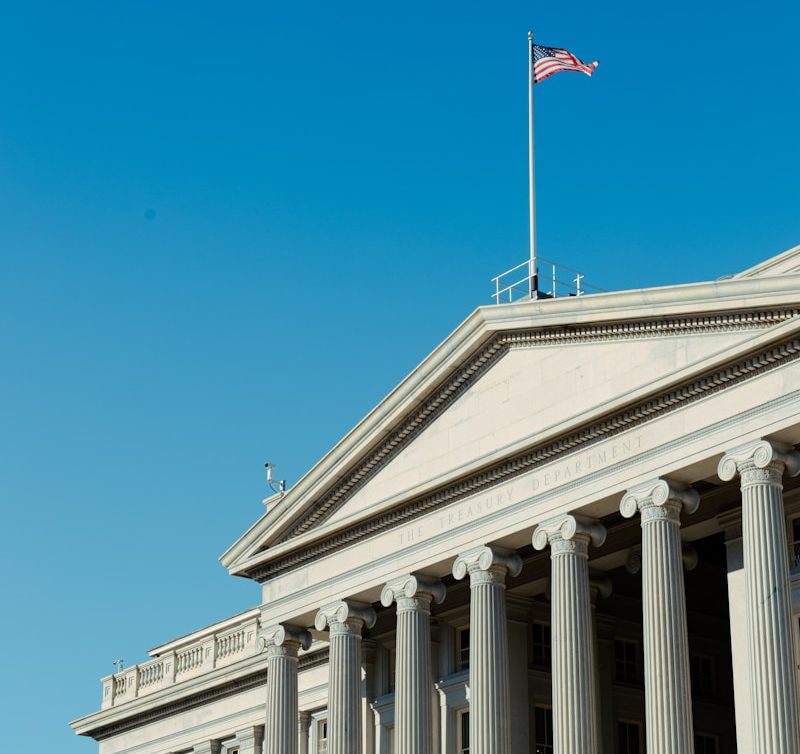Former President Trump has nominated Stephen Miran, a White House economist during his administration, to serve on the Federal Reserve Board. The nomination, announced last week, signals Trump’s continued influence in shaping economic policy discussions within Republican circles.
Miran, who worked as a senior economic advisor in the Trump administration, has built a significant reputation among Trump supporters and economic conservatives. His nomination to one of the most powerful economic institutions in the country comes as the Federal Reserve continues to navigate complex monetary policy decisions.
Miran’s Background and Influence
As a former White House economist, Miran has established himself as an influential voice on economic policy within Trump’s political movement. His economic views align with many of the fiscal and monetary positions advocated by Trump during his presidency and subsequent political activities.
Miran’s nomination to the Federal Reserve Board would place him in a position to influence U.S. monetary policy decisions, including interest rates that affect everything from mortgage rates to business loans and overall economic growth.
The Federal Reserve, which operates independently from the executive branch, consists of seven board members who serve 14-year terms. These positions require Senate confirmation, setting up what could be a contentious approval process given the current political climate.
Implications for Monetary Policy
If confirmed, Miran would join the Federal Reserve at a time when the central bank faces significant challenges, including:
- Managing inflation pressures in the U.S. economy
- Determining appropriate interest rate policies
- Balancing economic growth with price stability
- Responding to global economic uncertainties
Economic analysts note that Miran’s appointment could signal a push for policy changes at the Fed. Trump has previously criticized the Federal Reserve’s independence and its interest rate decisions, suggesting he favors a more accommodative monetary policy approach.
The nomination also reflects Trump’s ongoing efforts to maintain influence over economic policy discussions, even after leaving office. By placing allies in key positions within financial regulatory bodies, former presidents can extend their policy impact beyond their terms.
Political Response
The nomination has drawn mixed reactions from political and financial circles. Supporters of Trump have praised the selection, citing Miran’s economic expertise and alignment with the former president’s vision for monetary policy.
Critics, however, have expressed concerns about potential threats to the Federal Reserve’s independence, which has traditionally operated with minimal political interference to maintain market confidence and economic stability.
Congressional Democrats are expected to scrutinize Miran’s views on monetary policy, financial regulation, and his work during the Trump administration as part of the confirmation process.
The nomination comes amid broader Republican efforts to influence economic policy ahead of future elections, with monetary policy and inflation concerns remaining top issues for American voters.
Financial markets will likely watch the nomination process closely for signals about potential shifts in Federal Reserve policy direction, particularly regarding interest rates and banking regulations.
As the confirmation process moves forward, Miran’s economic philosophy and vision for the Federal Reserve will face increased scrutiny from lawmakers, economists, and financial market participants.







